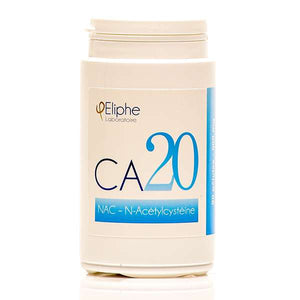
Ce complément alimentaire est en particulier très efficace contre les maladies pulmonaires, pour régénérer le foie, contre certaines intoxications et addictions, contre la dépression… La NAC est un excellent complément alimentaire, notamment l’hiver, pour préserver l’organisme des virus et autres infections. Elle participe donc activement, et à tous les niveaux, à la défense de l’organisme, et au bien-être physique et psychique.
Qu’est-ce que la NAC ?
Son action sur le système immunitaire
Son action sur le système respiratoire
Une fonction détoxifiante
















